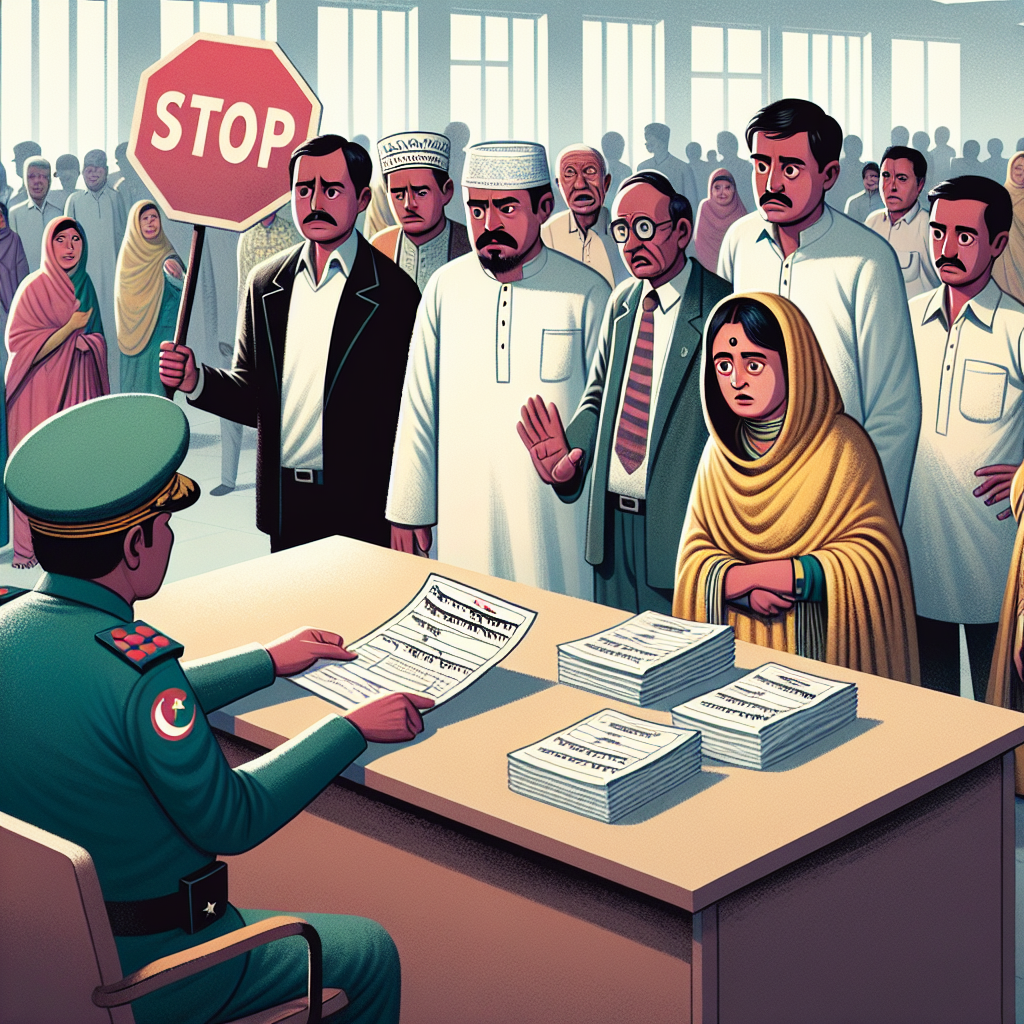Bangladesh Prohibits Awami League, Halts Party Registration
Bangladesh Prohibits Awami League, Halts Party Registration
Overview
In a significant political development, Bangladesh has taken the unprecedented step of prohibiting the Awami League, one of the country’s major political parties, and halting its registration. This move has sent shockwaves through the nation’s political landscape, raising questions about the future of democratic processes in Bangladesh.
Key Developments
- Government Action: The Bangladeshi government has officially banned the Awami League, citing concerns over alleged misconduct and violations of political regulations.
- Registration Halted: The party’s registration has been suspended, effectively barring it from participating in upcoming elections.
- Political Repercussions: This decision is expected to have far-reaching implications for the political dynamics in Bangladesh, potentially altering the balance of power.
Implications for Democracy
The prohibition of the Awami League raises critical questions about the state of democracy in Bangladesh. Observers are concerned about the potential impact on political pluralism and the ability of citizens to freely choose their representatives.
Reactions and Responses
- Domestic Reaction: The decision has sparked widespread debate within Bangladesh, with supporters and critics voicing their opinions on the government’s actions.
- International Concerns: The international community is closely monitoring the situation, with some expressing concern over the implications for democratic governance in the region.
Conclusion
The prohibition of the Awami League and the suspension of its registration mark a pivotal moment in Bangladesh’s political history. As the nation grapples with the consequences of this decision, the future of its democratic processes remains uncertain. The coming months will be crucial in determining how this development will shape the political landscape of Bangladesh.

































